The drinking water process involves sourcing water from natural bodies, followed by filtration to remove large particles. It then undergoes disinfection using chemicals like chlorine to kill pathogens. Further filtration removes smaller contaminants, and the water is tested for safety. Finally, it is stored and distributed to communities as clean, potable water.
Wastewater management focuses on treating and disposing of wastewater to prevent environmental pollution and safeguard public health. It involves processes like filtration, biological treatment, and chemical disinfection to remove contaminants. Proper management ensures clean water quality, reduces the risk of waterborne diseases, and promotes sustainability by allowing treated water to be reused in agriculture or industry.
Industrial water refers to water used in manufacturing processes, cooling systems, cleaning, and other industrial activities. It can be sourced from rivers, lakes, or municipal supplies, and often requires treatment to meet specific quality standards. Proper management ensures efficient use, reduces waste, and minimizes environmental impact, while also supporting industrial operations and product quality.
Heat exchangers, cooling towers, and boilers are essential components in industrial systems. Heat exchangers transfer heat between fluids, improving energy efficiency. Cooling towers dissipate excess heat from processes, using water or air. Boilers generate steam or hot water for heating or power generation.
A Humidity Blaster is a device designed to control moisture levels in electric and electronic panels. It helps prevent condensation, corrosion, and potential damage to sensitive components. By maintaining optimal humidity, it ensures the longevity and reliable performance of electrical systems, especially in environments with fluctuating humidity levels.
Rust prevention coating is applied to metal surfaces to protect against corrosion caused by moisture and environmental factors. These coatings create a protective barrier, preventing rust from forming and extending the lifespan of metal objects. Common coatings include paints, primers, and specialized rust-resistant finishes, ensuring durability and performance.
Lake, river, and pond water revamping involves improving water quality by removing pollutants, restoring ecosystems, and enhancing biodiversity. Techniques like aeration, filtration, and chemical treatments help reduce algae growth and improve oxygen levels. These efforts restore balance, support aquatic life, and ensure safe water for recreational and environmental purposes.
Hydro water therapy uses water’s therapeutic properties to improve skin, hair, and energy levels. Immersing in warm or cold water helps improve circulation, hydrate the skin, and reduce stress. Regular hydrotherapy sessions promote hair growth by stimulating blood flow to the scalp and boost overall energy, promoting wellness and vitality.
Facility management involves overseeing the operations, maintenance, and security of buildings and infrastructure. It includes managing utilities, cleaning, repairs, and ensuring safety compliance. Effective facility management enhances operational efficiency, ensures a safe and comfortable environment, and helps reduce costs, supporting the smooth running of businesses and organizations.
The quality of compressed air is crucial for pneumatic and solenoid systems to function reliably and efficiently.
Contaminants like moisture, oil, and particles can damage components, reduce system lifespan, and cause malfunctions.
TiO2 can be used on glass surfaces to reduce UV radiation transmission.
TiO2 is a photocatalytic material that can absorb UV light and convert it into harmless heat,
effectively blocking UV rays from passing through the glass.
- UV Protection for Artworks:
- Self-Cleaning Glass:
- Energy Efficiency:
- PV Module Protection:
Rusty iron parts and iron products. Rusty galvanized iron parts. (Gates, steel frames, piping, fences, containers, agricultural machinery, stairs, vehicle chassis, etc.)
Features
- Converts rust into a black film, providing strong rust prevention.
- Save the trouble of removing rust. *Please remove loose rust.
- New cross-linking technology allows for strong adhesion to iron surfaces.
- Excellent water resistance and corrosion resistance.
- Easy to use because it is water-based.
Prepare for Emergency Evacuation,E mergency & Exit Wayfinding

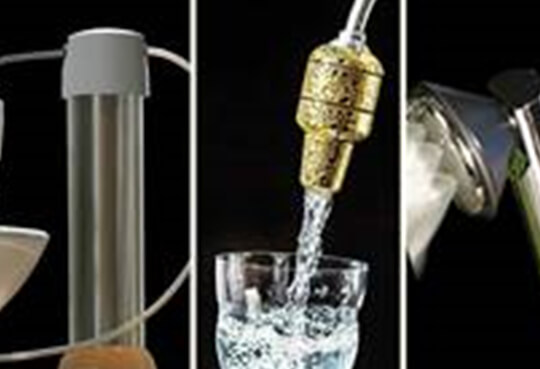
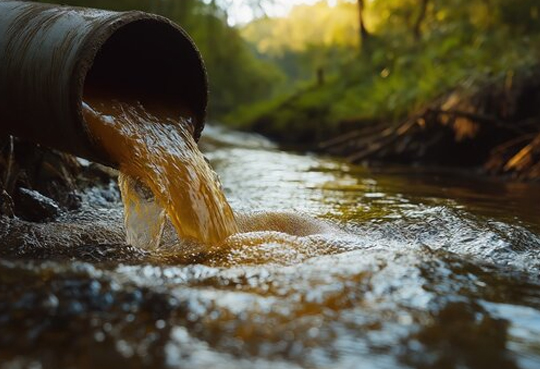
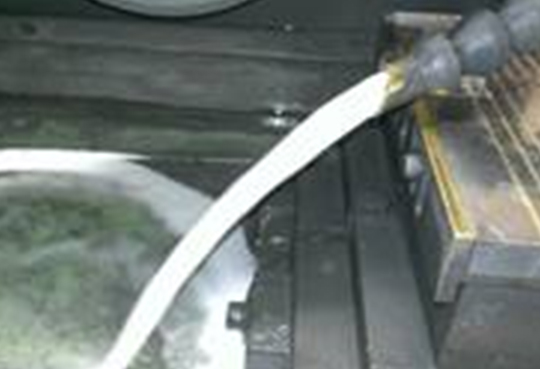
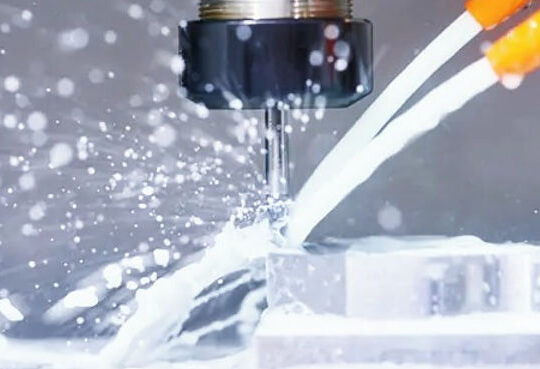
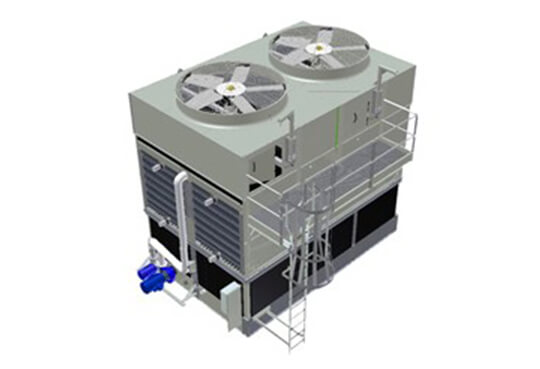

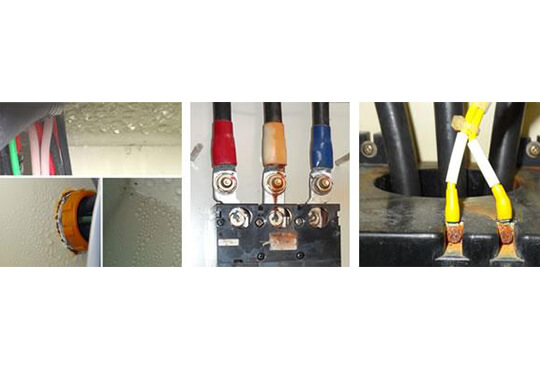
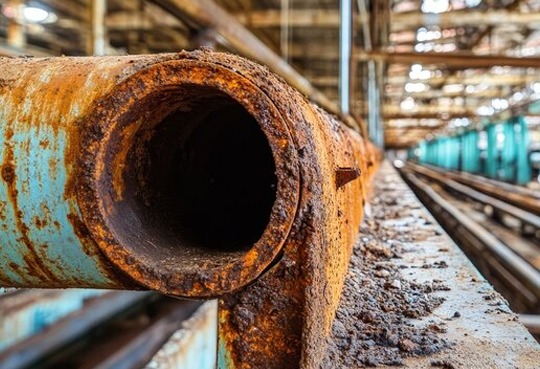
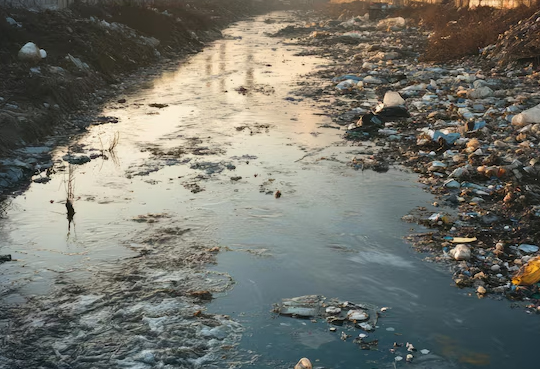


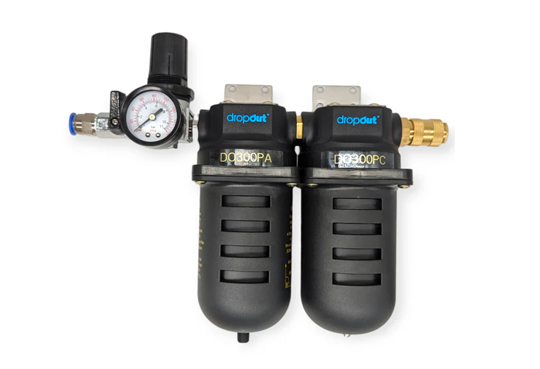
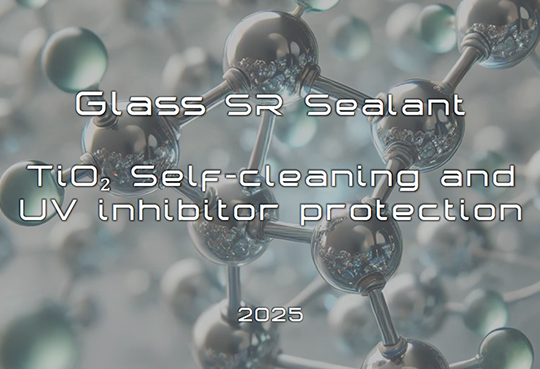
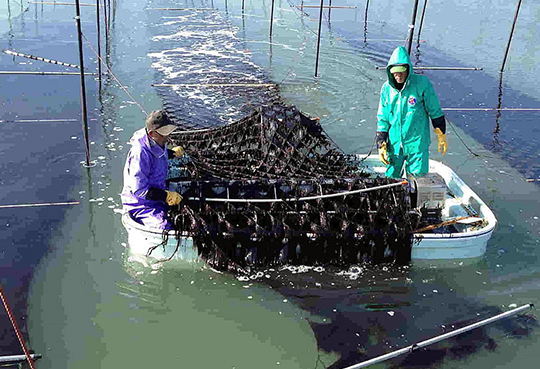

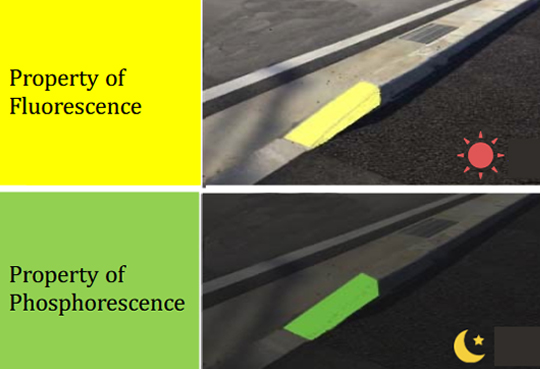
 No 43B/2, Rangasayee 1st lane, Perambur, Chennai-600 011, Tamil Nadu, India.
No 43B/2, Rangasayee 1st lane, Perambur, Chennai-600 011, Tamil Nadu, India.